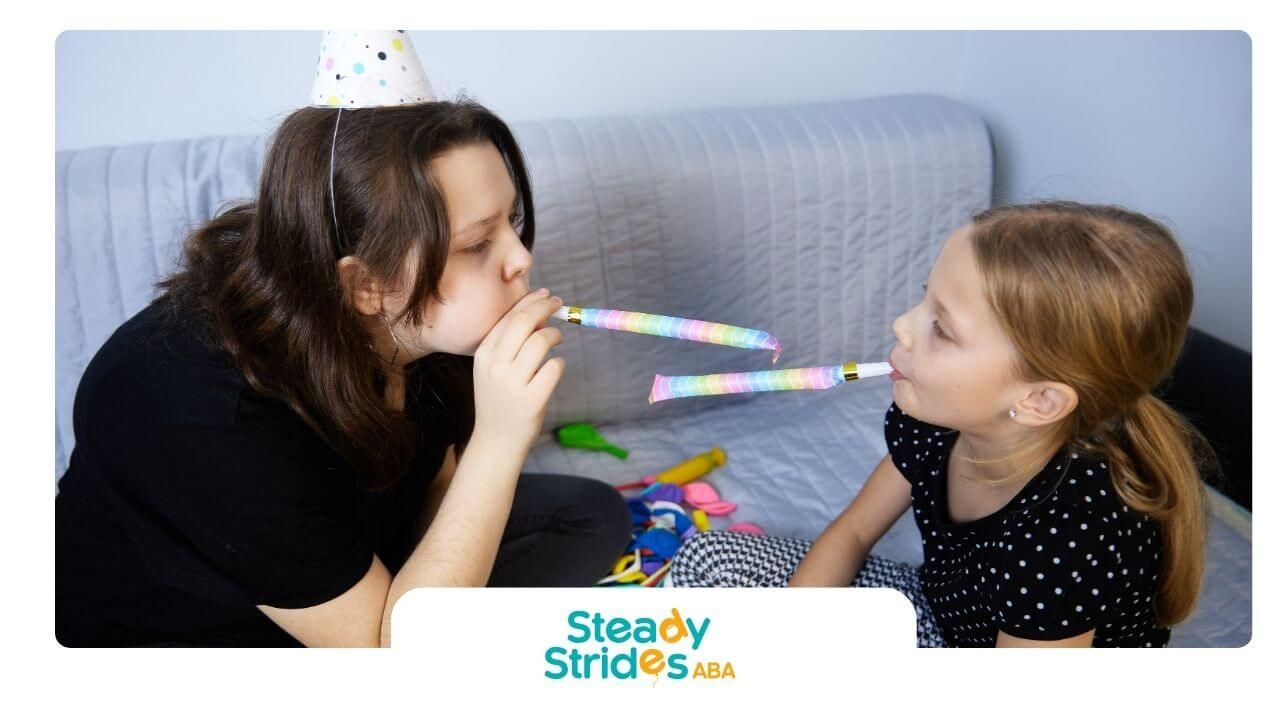ABA therapy has helped many children with autism build essential life skills—but not all ABA programs are created equal. As a parent, it’s crucial to recognize red flags that may indicate a therapy approach is not beneficial or respectful to your child.
Signs to watch for include punitive methods such as withholding basic needs, lack of flexibility, ignoring a child's emotional cues, or forcing compliance without understanding the reason behind behaviors. A child should never feel fearful or punished during therapy.
Another concern is when therapists do not adapt the program to your child's strengths and challenges, or when parents are left out of the loop in planning and progress updates.
Ethical ABA should focus on positive reinforcement, support your child’s communication, and prioritize emotional well-being. Your child should feel safe, motivated, and engaged—not overwhelmed or fearful.
At Steady Strides ABA, we prioritize respectful, child-centered, and evidence-based practices. Our team ensures therapy is engaging, transparent, and aligned with your child’s long-term growth. Parents should feel empowered to ask questions, observe sessions, and advocate for their child’s comfort and progress.
Trust your instincts—if something feels off, it’s okay to speak up. The best outcomes come from collaborative, compassionate care.
Frequently Asked Questions
Are there warning signs of poor ABA therapy?
Yes. Lack of individualization, excessive punishment-based methods, or poor communication with parents are key red flags.
Should ABA therapy always be play-based and positive?
Ideally, yes. Modern ABA focuses on reinforcement, engagement, and respect—not fear or force.
What if my child seems more anxious during ABA sessions?
That could indicate something is wrong. Therapy should support—not increase—stress levels.
Sources:
https://www.autismspeaks.org/applied-behavior-analysis
https://www.levelaheadaba.com/blog/positive-reinforcement
https://www.connectncareaba.com/blog/rigid-aba













